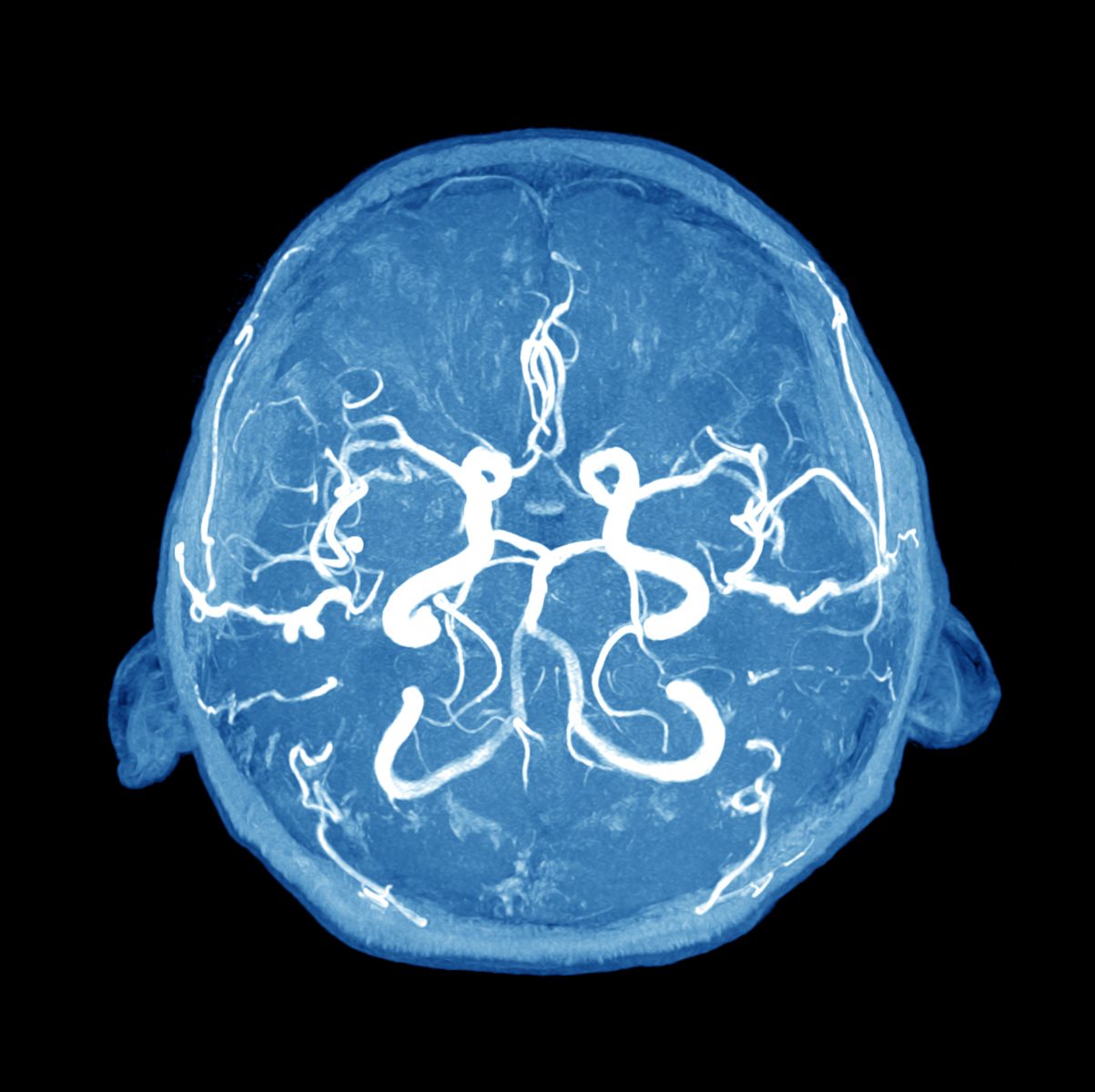Psychiatric Symptoms May Delay Huntington’s Disease Diagnosis

In a new study entitled “Delayed identification and diagnosis of Huntington’s disease due to psychiatric symptoms” researchers present a case study of a female patient with 58 years old diagnosed with Huntington’s disease as a consequence of psychiatric symptoms prior to motor symptoms. The study was published in the International Journal of Mental Health Systems.
Huntington’s disease (HD) is a progressive neurodegenerative disease caused by the expansion of a DNA triplet subunit (CAG) (above 35 repeats), leading to an abnormal protein called huntingtin (HTT). Disease onset occurs most commonly in people with 35 to 40 years old and is characterized by several neurological and psychiatric symptoms, ultimately resulting in dementia. Notably, cognitive symptoms are frequent and detectable very early during disease course.
In this study, researchers describe the case of a 58 year old female who was lately diagnosed with HD after two admissions in a psychiatric unit for the treatment of behavioral disturbances. These included psychomotor agitation, verbal and physical aggression towards family, destruction of objects, insomnia, mood lability, dysphoria, and marked irritability. The patient reported no use of alcohol or any other psychoactive substances although she was a heavy smoker, smoking 20 cigarettes/day. At a certain period, she presented some abnormal movements of hands and head and at the time, a genetic test for HD was advised to the patients’ daughter. However, the test was not performed at that time.
The patient’s family reported that in the preceding 12 months she experienced a short episode of loss of consciousness, which was seizure free. However, this was not a single event, with the patient experiencing the same behavioral symptoms and hospitalized in a psychiatric unit. These symptoms, however, were not associated with any pathological findings after a neurological examination and were considered, at the time, part of a personality disorder.
At her second psychiatric hospitalization the presence of choreiform movements (the repetitive and rapid, jerky, involuntary movements) led clinicians to suspect of HD and prompted the genetic testing which later confirmed, together with the clinical symptoms, disease diagnosis.
The authors note that the presence of psychiatric symptoms and relatively late onset of the illness, with the first symptoms developing after 55 years old, delayed the diagnosis of HD. They highlight that there are previous studies confirming that psychiatric symptoms may precede motor symptoms leading to a wrongful or delayed diagnosis. This case therefore illustrates the necessity of educating psychiatric care providers to recognize potential neurological symptoms and the need for clinicians to request a genetic test for HD diagnostic confirmation.






